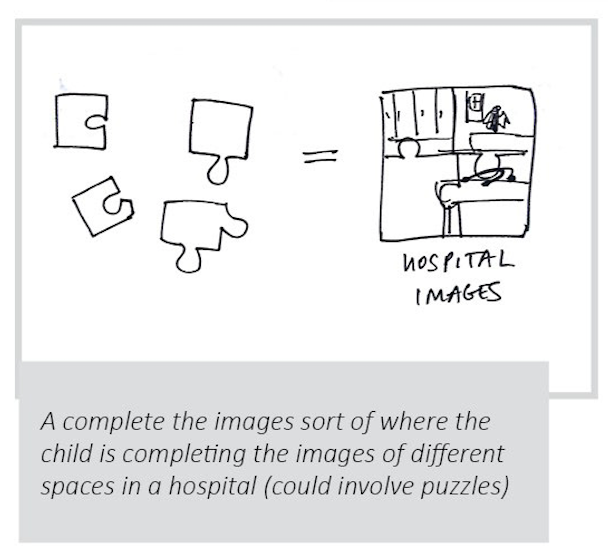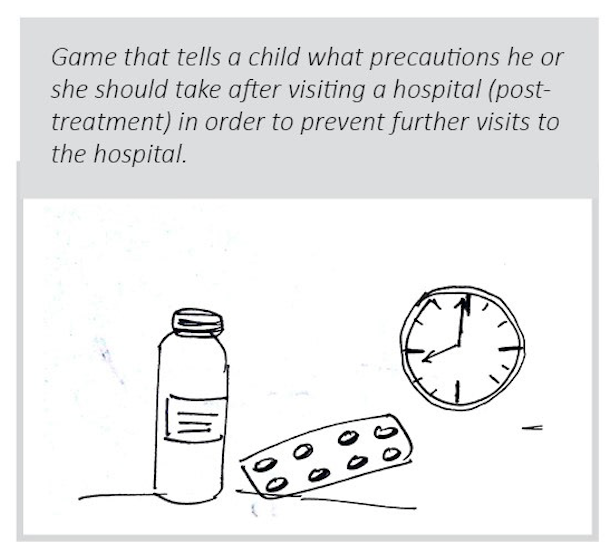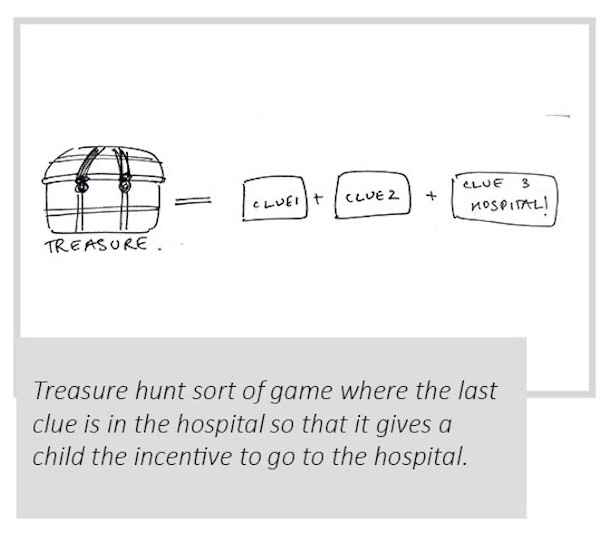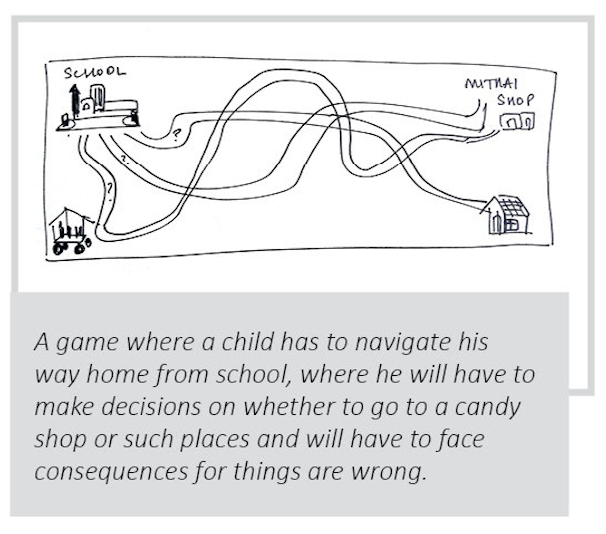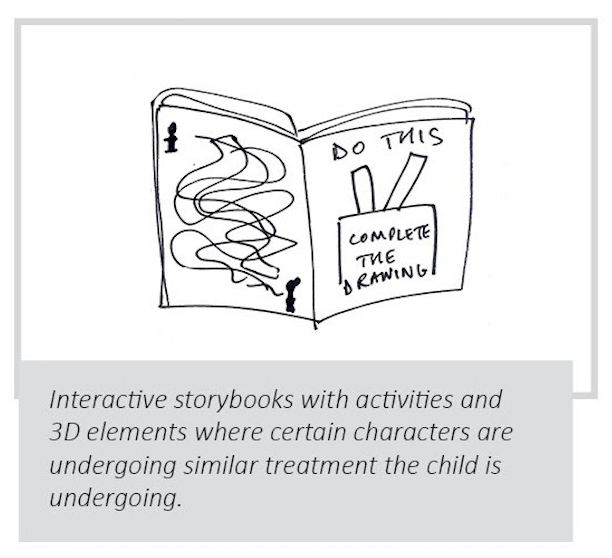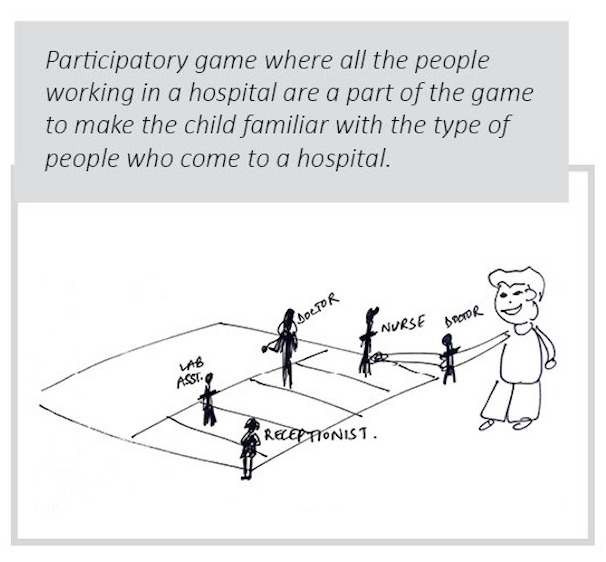Transforming Fears to Cheers
Play structures to reduce the anxiety and fear that children undergo pre and post treatment.
Interacting with these play structures will help improve the overall experience of a child in a hospital.
Designing to improve the experiences for children in hospitals
A hospital is an unfamiliar space with an unpleasant atmosphere. It is filled with negative feelings and patients fear medical examinations, they might also feel a loss of control when in such a space. There is a significant change in routine and children are sometimes separated from their parents during the treatment, this is when ‘play’ which is the favourite activity of a child comes to a halt due to certain limitations.
Design Research Methods
Methods used during the research phase
SWOT Analysis, 9D Observation, SCAMPER, Contextual Inquiry, SWOT Analysis, Fly-on-the-wall (Observation), Extreme User Interviews.
Children hate taking medicines, the struggle is not just taking the child to the doctor, but to make sure that he or she takes the medicines on time. Through primary research I found out that children spit medicines out, run around the house, and start crying. One of my aim through this project was to encourage children to take medicines and convince them in a positive manner that medicines do nothing but good to us and help heal us faster, and that if they’re not taken they will have to keep visiting the doctor again and again.
The outcome also provides children with an understanding of the roles of the people they will come in contact with when in a hospital. This will help reduce the uncertainty they face when entering into an unfamiliar space.
This will help build their story-telling skills. It will introduce them to the procedures or treatments they may go through in the future, and help them recognize a doctor/ nurse as a friend who helps them get better.
Research phase
“Educational value of the game shouldn’t be neglected”
“It will be very useful to make the child understand that the doctor is a friend who helps make the child feel better”
“It is important to make children understand the importance of taking medicines”
A contextual inquiry took place, 21 individuals were interviewed through the course of the primary research. Simple and fun games that make children understand the importance of daily hygiene.
Initial ideas after the primary research
Creating a prototype of the game





